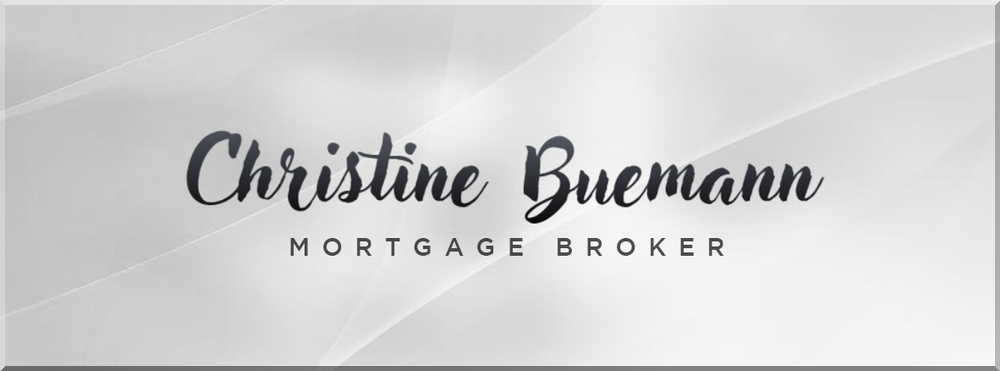This is a friendly reminder that the new mortgage rules will come into effect next week. Many lenders have already stopped taking in applications under the old rules. We still have 2 lenders who will honour pre-approvals for 120 days (most won't) so if you are looking to purchase with 20% or more down, or refinance in the New Year, you should be getting your application and full documents in ASAP! I have a quick and easy ONLINE APPLICATION if anyone is interested as well. Please feel free to contact me with any questions or concerns. www.christinebuemann.ca
